The second part of Mehr News International Service interview with Mr. Vladimir Andres Gonzalez Quesada took a new turn toward the economic matters, inter alia, US embargo and blockade against Cuba which Mr. ambassador believes destroyed the country’s indigenous sugar industry, since “blockade prevented renewal of technologies used in indigenous agriculture in Cuba, thus rendering severe cuts in countrywide production.”
Interestingly enough, in response to a question about different views by different generations of Cubans of the Revolutionary ideals, Mr. Gonzalez Quesada believes that the zeitgeist the different generations embrace are drastically changed, and now in a new era of globalization, new generations should make themselves to take the leadership after, for example, the past generation of the Revolutionaries such as Fidel Castro comes to a definitive end in their political career:
Recently, Mr. Fidel Castro said that the US has to compensate for its sanctions on Cuba. How Cuba is going to ask for it, is Cuba going to resort to International rules?
We celebrated a popular and political trial 16 years ago, where we denounced the huge human and material damage caused by the US aggressions against our country, including the blockade; at that moment we didn’t think about the possibility to reestablish the diplomatic relations between the US and Cuba. We know very well the damage they have caused us, even because the terrorist acts perpetrated against our people whose masterminds are still free in the US, specifically in Miami. When Fidel Castro requested a compensation for all the damage that the US provoked with their hostile policy and these terrorist acts, is because we didn’t make any aggression against this nation, then we didn’t cause any damage to the US. The only thing we asked from the beginning of the Revolution is to respect our sovereignty and independence, but the US didn’t accept it at that time. I think that nowadays they accept it because they decided to reestablish diplomatic relations after 55 years of hostility. We submit every year to the United Nations General Assembly a draft resolution to ask the end of the economic, commercial and financial blockade imposed by the United States of America against Cuba. In this regard, we present a report to the General Secretary, which include all the damage the US caused by the blockade and its amount. The international community knows about that and supports us.
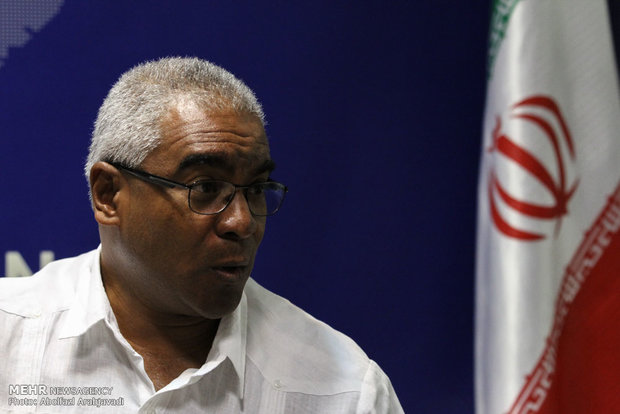
My next question is about the future of the US and Cuba. A number of people in the world acknowledge Cuba as the sugar or cigarette country. But I think Cuba is a revolutionary country and there is the possibility that the new relations between Cuba and the US will change this [revolutionary] behavior. What is your opinion on this?
At the beginning of the revolution, our economy relied mainly on sugar. Even at the first stages, we exported great deals of sugar to many countries including Iran. Iranian businessmen still remember that period. We also traded our sugar for Soviet Union’s oil because we produced a lot of sugar at that time. However, due to the limitations imposed on Cuba by the US blockade, we could not renovate our technology in order to continue producing sugar. We could buy some machines and parts from the Soviet Union, but the US sanctions did not allow us to import new American technologies, which were the ones installed in our sugar industry. Therefore, gradually our machinery became older and older and our sugar production and export went down the hill and was limited. Right now, we are producing sugar but in very small quantities and we cannot export like we did in previous years. This is the reason that we had to change the direction of our economy especially in terms of investment and exportation. So, we had to focus on tourism industry which has become one of the principal supporters for our economy besides the exportation of services that we are bringing in health and education sectors. Nevertheless, we didn’t change our overt policy towards foreign trade but we tried to find new destinations for exportations like Iran and some others countries. For example, during last two decades we could improve our biotechnology production and we have transferred some new technologies to Iran and currently Iran has a very important laboratory and factory in Karaj, belonging to Pasteur Institute, which produces 5 different types of vaccines thanks to the technology we transferred. We are eager to share the facilities and conditions we have in our economy with other countries. Today you have an excellent production in the biotechnology field and some of the Iranian scientists, who work in this center belonging to the Pasteur Institute, have received training in our country and they rely a lot on Cuba in this regard.
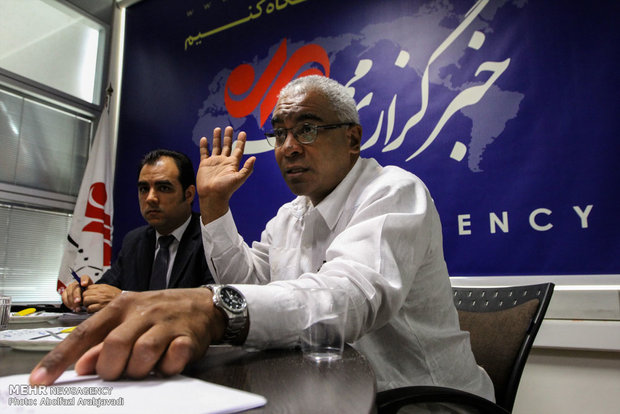
My next question is about nuclear negotiations between Iran and 5+1 and you know that this process is basically a soft war between Iran and 5+1. What is your idea about how Iran’s leader and Obama have managed or dealt with this process? What do you think about the US and Iran relations in the end?
First of all, I have to say that I owe you congratulation on behalf of my government and people and we feel obliged to cast our greetings to Iranian authorities and the press as well because it was an historic agreement. I call it historic because, in my opinion, it was the first negotiation and agreement between the international super powers and Iran, who represent the Third World according to the United Nation’s classification. In any negotiation (like the one between the US and Cuba), you have to make clear your position to the other part since it is a negotiation after all. Even the Iranian authorities considered the deal as a win-win agreement. It means both sides are satisfied at the end exactly similar to what we were looking for in our negotiations with the US. Both sides wanted to win. These were negotiations between the super powers and the Third World and they finally arrived to some conclusions. They have also demonstrated their disposition to implement this agreement. Whenever I had an opportunity to meet foreign ministry authorities at different levels, I mentioned that it was very important to maintain the negotiations with the 5+1 because it was a historic negotiation. The result of the negotiations will be significant not only for Iran but also for the rest of the world who support Iran, including the Third World. Cuba supported Iran in these talks as we express our approach on the production of nuclear energy with peaceful purposes and we back the right of any country to produce this kind of energy. For us it is a very important event in the international political arena. Our president, Raúl Castro Ruz, in the last speech delivered to the parliament, included a paragraph where he celebrated the signing of this agreement because we considered it as a historic step in international relations. We think that it is very important to respect the rights of any country to produce nuclear energy for peaceful aims.
Some are trying to compare US-Cuba relations with US-Iran relations. How do you see that comparison?
This is a very good question. The first reaction that we received from Iranian authorities after December 17th, 2014 was solicitude of explanation about what is happening between Cuba and USA. We already held a conference with some Iranian intellectuals and diplomats in the Institute for Political and International Studies (IPIS) to explain what happened in Cuba and what would happen in the relations between Iran and Cuba after that. First, I have to say that we are living in different areas and the situation in the Middle East differs from the one in Latin America. Is very important to clarify this because we are having a new moment in Latin America; there are different revolutionary and progressive processes going on in several countries. This context provoked a change in the US strategic towards our region and in particular towards Cuba. In the Middle East the situation is different because it has very complicated crises like in Syria and Iraq; and Iran as well has a very important participation in these conflicts in political terms. Iran also has a significant participation in the nuclear sector, but the negotiations and relations between Iran-USA and Cuba-USA cannot be brought to the same level due to the different conditions in which they are involved, as well as Iran’s position on Syria and Iraq. This is crucial. In my opinion there are some differences in the respective regional contexts.
Has there been any normalization in the relations between the US and Cuba?
No, normalization is not possible because USA maintains the hostility against Cuba. At the moment we only have diplomatic relations, but they still maintain the blockade and the TV and radio broadcasting against Cuba; they continue supporting the artificial opposition in Cuba that we called “mercenaries”. They still have the same policy and the only thing we have gained until now is the reestablishment of diplomatic relations. The process to normalize the relations is different and it will be longer and more complicated.
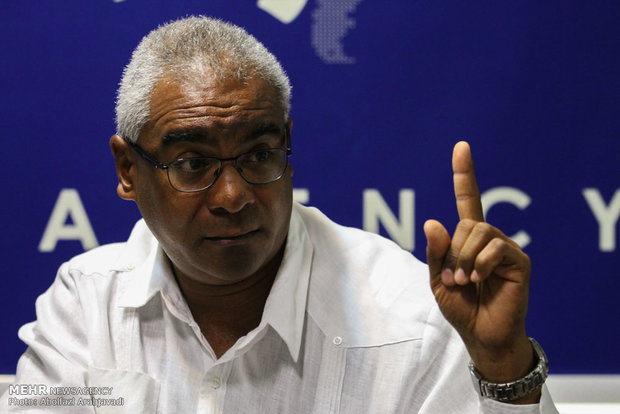
But would the normalization actually happen?
No, normalization is not happening yet, but we have to be optimistic. We don’t expect US to change its mentality, but we presume they will respect our political system and government. Iran also engaged in nuclear negotiations with US and defends its right to peaceful nuclear energy, but that doesn’t mean that you have changed your mentality in regard to each other’s policy or that you have become close friends. But you both are going to implement the agreement, regardless. It is more or less the same situation we have in Cuba in regard to our relations with USA. We are going to respect their government and they will in turn respect ours. We are ready to negotiate, to ask them for example the end of the blockade against Cuba, because we have to solve the problems that affect our sovereignty, independence and dignity.
It is sometimes said that new generations do not feel as much connected to the revolutionary ideas of their past generation, such as in Iran or Cuba, but on other hand there are young people who adhere as much to these ideas as their previous generation. What is your take on that? What is the situation with the new generation of Cuban people in regards to the country’s revolutionary ideas?
One of the factors which provoked the change in the USA’s strategy towards Cuba was the reality that the new generation is assuming its role and responsibility in the country. Of course, USA has prepared conditions to make some kind of influence on this new generation, which is not the historical one that participated in the revolutionary fight. We have realized this and we have also prepared conditions in different sectors such as politics, ideology, economy and even in culture. In general, new generations have a different mentality and behavior than the old ones, but the new Cuban generations keep the revolutionaries ideas. The basic responsibility of the old generation is to pave the way for the youth in order to facilitate the continuation of the process in this case, like you do in the Islamic Revolution. The present Cuban government is working very hard to create these conditions. We have a revolutionary and prepared youth to assume his important responsibility and to continue the Revolution in Cuba.
End of Part Two



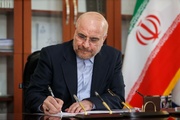

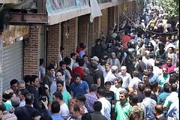

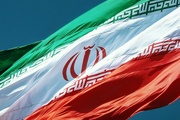
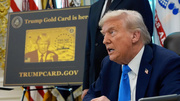
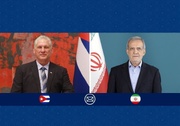
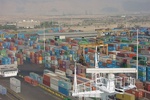

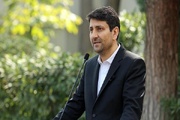
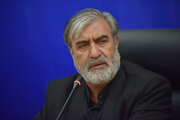
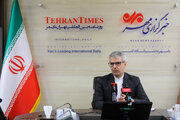



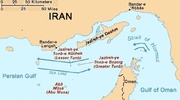



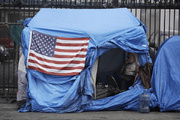

Your Comment